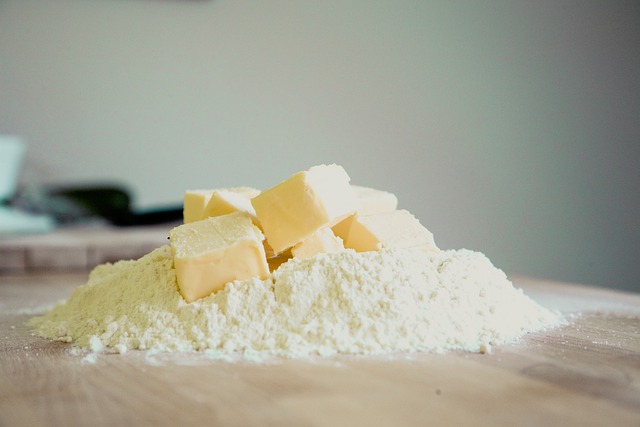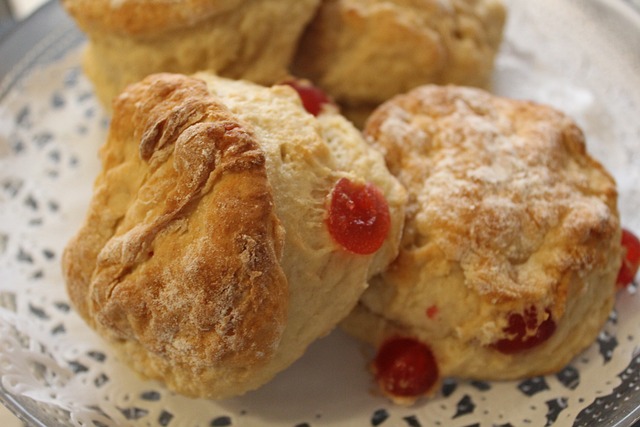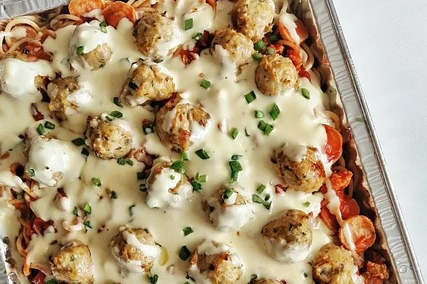Being a wizard in the kitchen doesn’t require fancy gadgets or secret family recipes. Sometimes, the difference between mediocre and marvelous lies in a handful of smart yet straightforward techniques. Whether you’re trying to perfect your béchamel sauce or looking for a better way to make scones, these eight tips can help transform your kitchen experiences.
1. How to Eliminate Lumps in Your Béchamel Sauce?
Do you often find your white sauce resembling cottage cheese instead of a silky pool of deliciousness? The solution is straightforward—use an egg whisk and gently increase the heat. By incorporating consistent whisking and a slightly higher temperature, you can speed up the thickening process without worrying about lumps.
Pro Tip: Keeping the heat under control is essential, so make sure not to go overboard with the temperature.

2. Can Your Barbecue Double as a Gourmet Oven?
If you’re camping or using an open grill, a hooded barbecue isn’t usually an option. But did you know a simple wok lid or any domed lid can serve the same purpose? It’s excellent for roasting meats or any recipes that require an oven-like setting. Just place the lid over your meat and let the magic happen.
Fact: The lid traps heat, making your open grill function like an oven, allowing for more even cooking.
3. What’s the Best Way to Make Short Pastry?
If the thought of making short pastry gives you chills, don’t worry! Try using a food processor. The device does the mixing and kneading for you. Add slightly less liquid than the recipe requires and pulse until the mixture forms into a ball.
Did You Know?: Different pastries call for varying types of fat and liquid. Make sure you use the ones that best suit your recipe.

4. Why Do My Scones Resemble Rock Cakes?
If your scones are coming out hard as rocks, it’s likely due to over-handling. Try making your scone dough in a food processor to minimize handling. The key to fluffy scones is to handle the dough as little as possible and keep it slightly moist rather than dry.
5. How to Perfect Scone Shapes and Baking?
After forming your dough, turn it onto a well-floured surface. Lightly tap it a few times to incorporate the extra flour—this process should take no more than 5-8 seconds. Then, cut the dough into your desired shapes.
Expert Advice: Preheat your oven but don’t let it reach the desired temperature before putting the scones in. This “rising oven” technique aids in even rising.

6. How Do I Know My Casserole or Curry is Cooked?
Ever find yourself puzzled over whether your casserole or curry is fully cooked? A simple indicator is to look for the rising fat or oil. Once the fat surfaces, you can be fairly confident that your dish is done.
7. Is My Curry Missing Something?
Sometimes, even when you follow a recipe to the T, something seems missing. If your dish tastes like the ingredients are battling each other, try adding a pinch of sugar. You’ll be amazed how this simple addition can harmonize flavors.
8. How to Roast Potatoes Without the Mess?
Roasted potatoes are delicious but can leave you with a greasy pan to clean. Instead, cut your potatoes in half and spread a little margarine on the cut side. Place them margarine-side-down on a sheet of aluminum foil and bake. Once done, just peel the foil away and toss it—no mess, no fuss!
Quick Tip: Cooking them at 200 degrees Celsius for about half an hour will give you crispy yet tender results.
Home cooking is an art that comes with its own set of challenges, but that doesn’t mean you need to be a Michelin-star chef to whip up delectable dishes. Sometimes, all it takes is a little ingenuity and some commonsense tips to elevate your culinary game. Happy cooking!

